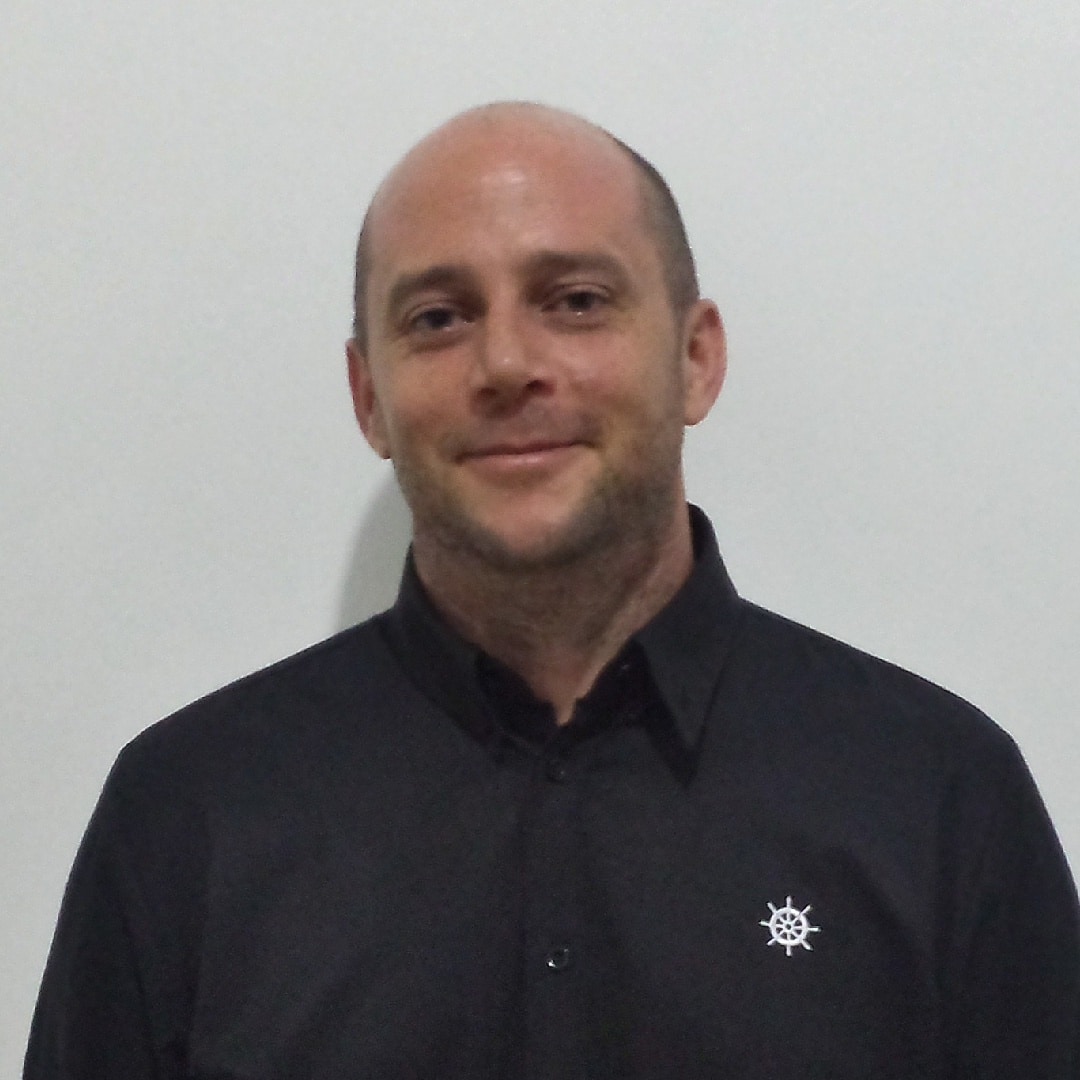Revisiting ELT mantras #9: Quoting people
Kitten! by Sergey Ivanov CC BY-SA 2.0
This month’s post has nothing to do with kittens, but do we really need an excuse?
This month I’m straying from the topic of teaching slightly to look at what happens when we, as teachers, write about our profession. It’s a topic that’s quite close to my heart as it’s what first got me interested in developing critical thinking skills in teachers.
I think it’s fair to say that as teachers we have all, at some point or another, read books, blogs, and articles on teaching methodology. Whether purely for our own enjoyment or as necessitated by a formal course of study, there is a wealth of valuable text out there on the theories behind teaching. A lot of us also put pen to paper/fingers to keyboard to share our own thoughts and experiences, too. The quality of posts by other teachers every month on this blog alone (I’m surprised I’m still allowed to anything here) is testament to the benefits of this phenomenon.
At some point when writing about aspects of teaching, we will make reference to authors who have written previously on the subject we’re talking about. This is necessary and useful as it shows that we’re informed and adds weight to what we say. However, who or what we quote is never as important as how we use that information. Consider the two following examples (I’ve made these up, though they’re fairly typical of actual examples I’ve read on teacher training courses), which set out to discuss some of the key principles of business English:
Example 1
An important key principle of teaching business English is the type of English taught. As Frendo says, ‘the English used in international business is not necessarily the same English that native speakers use. It is a lingua franca. It may even be considered a new type of English which has developed and is developing to meet the needs of its users. People whose first language is English do not necessarily speak this language.’ (Frendo, 2005:7)
Frendo, E. 2005 How to Teach Business English, Pearson
Example 2
Donna (2000) states that the type of language taught in business English classes usually involves a high frequency of technical and business terms. However, in my experience of job-experienced business learners, I have generally found that it’s the day-to-day, social language that they both need and are most eager to improve.
Donna, S. 2000 Teach Business English, CUP
Which of the above shows that they’ve understood what they’ve read more clearly?
Clearly, the second one. In the first example, the writer has given a lengthy, direct quote in order to show that they’ve read about business English, but in doing so hasn’t really added anything to the discussion. I’ve gained nothing more from reading this than I would have from reading Frendo’s book myself. However, in the second example, the writer has shown they’ve read and understood Donna by paraphrasing what they’ve read (and providing a reference to acknowledge the author).
But they’ve also done something else here. They’ve compared what they’ve read to their own experience, and in doing so they’ve been able to draw their own conclusion and add something useful to the discussion. This is what writing is all about – creating something from what’s already there. Being additive rather than just sharing.
Wisdom – Seeds of Light by Hartwig HKD CC BY-ND 2.0
Comparing your own experience to what we’ve read in this way is the essence of responding critically to what we learn as teachers. In today’s hi-tech world professional development is so easy to come across. There are free webinars, blogs, articles, workshops, conferences, etc. where we are bombarded with new and interesting ideas. But all of it means very little if we are unable to draw our own conclusions and apply it to our own experience. Your practical, hands-on classroom experience as a teacher, no matter how limited it might be, is just as valuable (if not more valuable) than anything your read or are told by others in the profession. By keeping a critical on what you read (including this!) you’re able to create a useful synergy which will only benefit your learners in the end.








